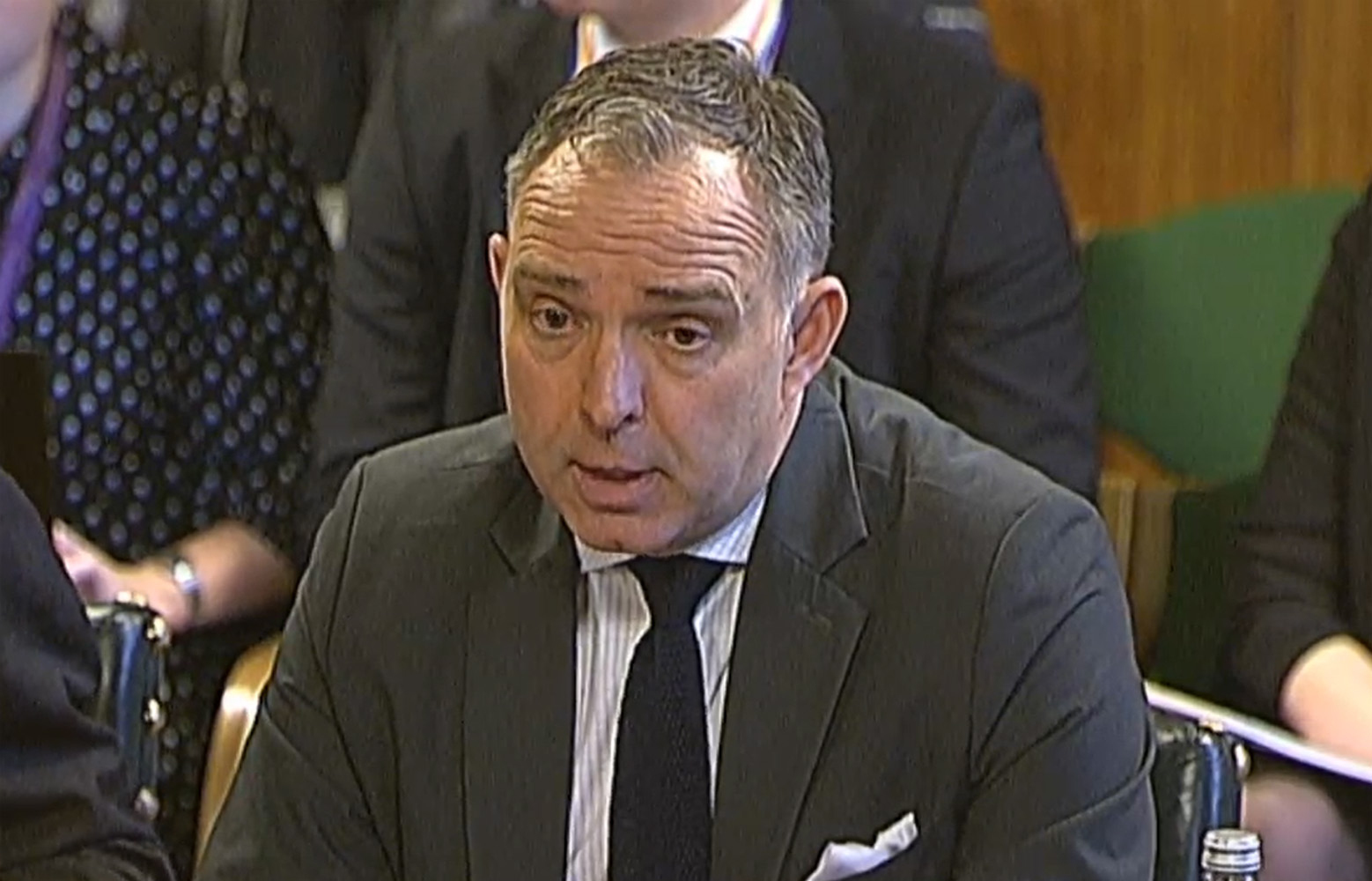Sitrep: Coronavirus Disruption Shows West Is 'Vulnerable'
A former UK National Security Adviser (NSA) says the disruption caused by the coronavirus pandemic highlights how "vulnerable" western nations are to a chemical, biological, radiological or nuclear (CBRN) attack.
Just days after he stepped down from his dual role as Cabinet Secretary and National Security Adviser, Lord Sedwill has spoken exclusively to the BFBS Sitrep podcast.
He began by telling Kate Gerbeau had been learned from the Novichok attack in Salisbury, going on to say the UK must be conscious that CBRN weapons could have a "highly disruptive effect", whether deployed by state or terror groups, on wider society and the economy.
However, Lord Sedwill said it is important not to "overplay the overlap" between a natural phenomenon, like coronavirus, and an attack.
"What [COVID-19] has demonstrated is that a virus, or a biological phenomenon of this kind, which creates a public health crisis, and then, of course, an economic crisis that follows, demonstrates how vulnerable western countries and societies, indeed the global system, is to a disruption of this kind.
"Not that coronavirus itself has a national security impact, but that we need to be conscious that biological weapons, as well as chemical weapons, as well as radiological and others... could have a highly disruptive effect."
He said biological attacks can be harder to verify than those of a chemical nature, as they can replicate naturally occurring phenomena, such as viruses or epidemics.

"There is always a complication with diseases that occur naturally - for example a terrorist group puts something into society through some kind of transmission mechanism and if they decided not to claim responsibility for it," he added.
"I think the key here is that we continue, particularly in the western countries, to ensure that we have the right contingency plans in place, that our scientists are liaising properly and that we are alert to the risk and ready to respond."
Asked whether he believes there should be greater use of the military moving forward as the COVID-19 pandemic continues, Lord Sedwill told the podcast: "The military have played a great role in supporting the civilian authorities through the pandemic."
The former NSA highlighted the importance of planning and logistic support, as well as frontline testing and assistance, and said those capabilities will need to "continue to be available to government as it navigates the country through the next phases of the coronavirus crisis".
Having led the implementation of the UK’s last Integrated Defence Review, Lord Sedwill believes the latest assessment should therefore focus on the global picture "as we now find it".
The former NSA told the Sitrep podcast that COVID-19 has "probably intensified" world rivalries - notably a sharper relationship between the US and China.
Following the "extremely impressive" response to the Salisbury attack, Lord Sedwill says the "fusion doctrine approach" should serve as a platform for the latest review.
The 'fusion' approach meant the authorities after Salisbury could "bring together public health, defence, science experience on the frontline, but also link that into the criminal investigation, the intelligence investigation and then the diplomatic and international action at the strategic level".
Lord Sedwill also stressed that he believes there is no single greatest threat to UK security: "The key thing about national security is that you can’t focus on only one threat.
"What you have to do is make sure that we have the capabilities in place to deal with a very wide and diverse range of threats wherever they emerge from."









